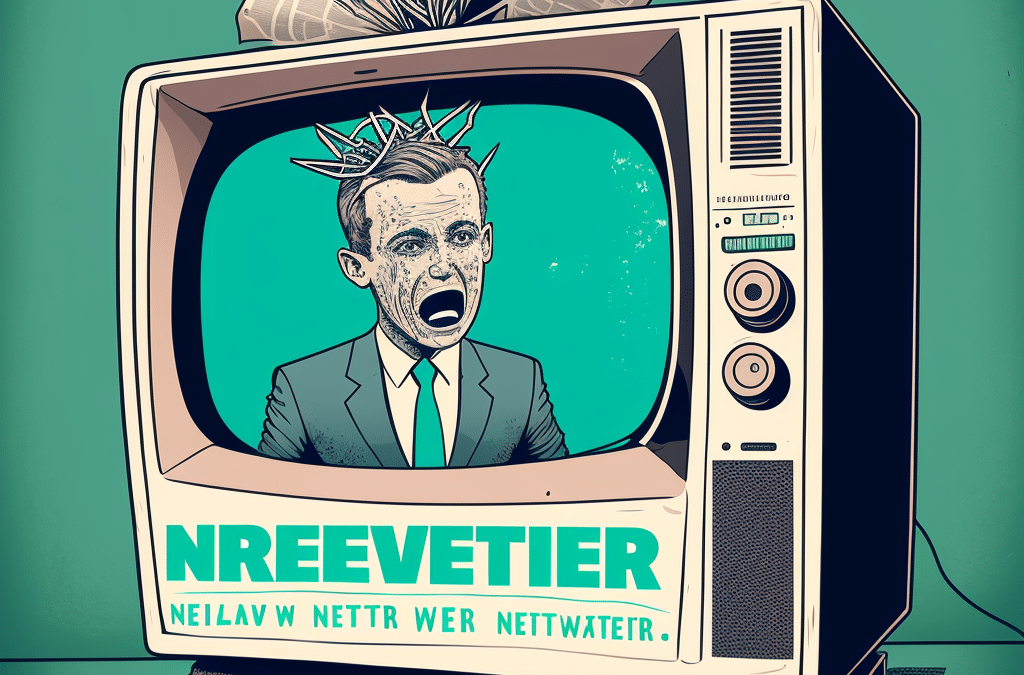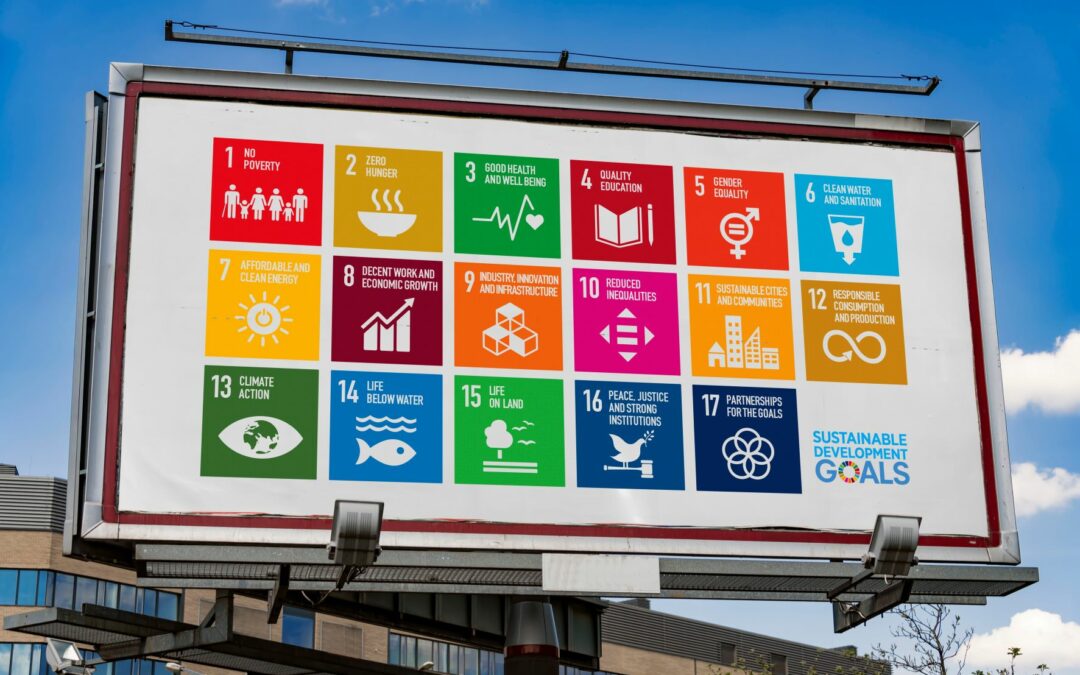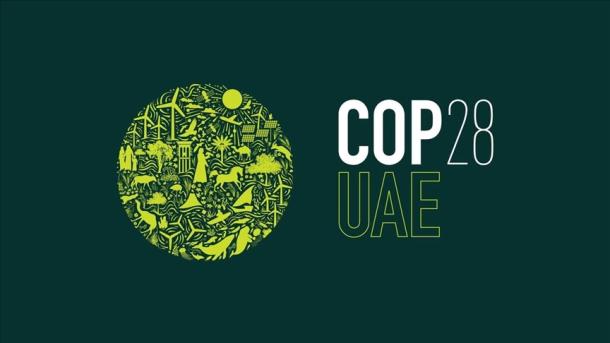COVID-19 is the current focal point, not only of media and politics, but of our societies as a whole. Looking at how it reshaped so many parts of our daily life in such a short time, this crisis can provide us with valuable insights into the deeper workings of the interaction between politics and people, between the government and the governed.
A lesson in patience
At this moment in time governments are testing the patience of their citizens, corporations, entrepreneurs, and institutions in many ways. The individual is represented with a narrative of looming danger and justified fear, with a set of measures that will alleviate this danger, and a set of instructions that are supposed to help us to navigate this crisis. We were asked to stay in line with shutdown measures and restrictions to our liberties to commune, to commerce, to gather, and move freely. In short, to temporarily give up essential parts of our freedom. In response to this, conflicting tendencies are at work simultaneously in societies as a whole and in every individual within. Tendencies to cooperate and tendencies to dissent. Tendencies to act egotistical and tendencies of solidarity. Tendencies to believe and tendencies to distrust. We are all part of an experience, unknown in most living generations, at least in our pampered western realities. An experience that is defined by a feeling of helplessness, confusion, and lack of control.
Our governments are walking a thin line, must adapt to new information, must make tough decisions without knowing if they are right or wrong. We as a people make those same decisions whenever we decide to go along with them or dissent. So how do we make those decisions?
It appears to me that there is a tight connection between the perceived risks and the patience of the people, to oblige. To convey a risk accurately, or inaccurately, governments depend heavily on narratives – storytelling. Whether or not we believe them is defined by the legitimacy and trust they command. Creating a nation-overarching narrative has been achieved by many groups or governments in the past, often hand in hand with revolutionary change, nationalism, or war, sometimes all at once. I am not sure if there is any qualitative difference between fighting a pandemic or a more palpable opponent. After all, during the Cold War, very few people ever saw their enemies face to face. Their acceptance of the narrative did not depend on personal experience but on their trust towards the narrator and identification with their national community rather than their community of interest.
The lost power of national storytelling
The current state of our societies seems to be a very different one than even 20 years ago, making it increasingly difficult to unite the populace behind an overarching message. Homogeneity within a society seems to help with creating a unifying story, but our societies are becoming ever more fragmented, not so much along the lines of ethnicity but along political beliefs shaped by group think within ever smaller subcultures. While there seems to still be a slim majority of people willing to accept and trust the information provided by government institutions, fissures in those national homogeneities have been festering for a while now. Dissent towards government interference exists in many parts of society and political groupings, and it becomes stronger by the hour, amplified by the social and economic fall-out of the current crisis, but also by general anti-government sentiment and fear of a permanent loss of liberties.
False news, conspiracies, media mistrust and the hyperactive shit-show on social media, are concerning enough in ‘normal’ times, but become heavily erosive in times of crisis. The inability to reach across the aisle, to penetrate the attention bubbles of the political competitors and fringe groups, seems to leave the political system less able to deal with crisis situations that challenge the status quo and require decisive action. There is always the worry of upsetting the growing and loud fringe groups, a tiptoeing around different interest groups, and, especially in the US, a news media, that thrives on fanning the flames.
This erosion of the media, the mistrust towards any information provided by the “other side” and the self-referential social media bubbles many of us are trapped in, seem to play a vital role in this. It is sad to observe how family members, friends, or colleagues fall victim to social media algorithms that send them into a rabbit hole of conspiracy and mistrust. How, once in there, confirmation bias, and the mistrust towards any contradicting information makes it almost impossible to have a proper conversation. This is where anti-scientific sentiments thrive and ideas of anti-vaccination, flat-earth, illuminati, Jewish High-Finance, miraculous healing, and extremism of all kind, fester and reinforce a general feeling of ‘us against them’. And I do understand that finding a ‘hidden truth’ must be exhilarating. It can create feelings of community, empowerment, and superiority over the ‘sheep’ that don’t question the commonly accepted truths. And of course, there is value in questioning authority and practicing dissent, IF there are credible reasons to believe in malicious intent, not because people on the internet or media pundits told you so.
And while these fissures in the social structure of our societies have been visible before this crisis, they have been exaggerated in the current situation. A recent study looking into the anti-vaccination movement on Facebook in pre-corona-times warned that their fast growth outpaces that of the science-based groups. Their competent utilization of Facebook’s capabilities and their organic integration in the Facebook cosmos enables them to connect with individuals and convince them in a more personal approach. Institutional actors on the other hand often struggle with this kind of outreach. Dissent comes easily to people that don’t trust experts, science, and governments that (ideally) rely on them, to make informed decisions in the current situation. And all too often it is based on conspiracy theories, or political allegiance, and not on new information, scientific evidence, or even different moral valuations of the effects of countermeasures.
All this is not to say, that there aren’t good reasons to not blindly trust what you are told or to even question current measures. We should not forget that government action of the past plays a decisive role, in how it is judged in the present. There is good reason for mistrust, if politicians seem to value the interests of donors, lobbyists, and billionaires higher than the interests of the people, they are supposed to steward.
There is good reason for disappointment, especially for those, that know the injustices and rising inequalities of our current system. People fighting for systemic change know how hard it is to overcome vested interests, how much push-back there is to protect profits, conserve power, and maintain the status quo.
Populism and post-fact narratives
Donald Trump, similar to many “nationalistic strongmen”, seems like the perfect personification of this problem. He is a beneficiary of those fissures and unconventional information streams, that offer him an unfiltered stage. At the same time he is also the head of the government, that tries to put forward a narrative that convinces people to stay on board with current measures. His approach, or that of his administration, is self-contradicting and ineffective, at least to tackle the problem at hand. Conflicting interests within the office and the lack of a concise strategy besides ‘re-election’ seem to be the root of this. They use the changed media landscape to play on both sides of the court, but the gaping fissures won’t be closed by someone pulling from both directions.
Solutions?
Sadly, I cannot see an easy solution to these problems. The internet and social media have done so much for the democratization of information, education, and communication. At the same time it seems like they have not brought us closer together, but instead reinforced the ideological divides and isolated us in more fractured subcultures. Technology is mostly morally neutral, especially in its early days. We individuals need to learn and be taught to improve our critical thinking and question the information we consume online and offline. Questioning narratives isn’t harmful per se, but a necessary step to arrive at informed decisions. In times when anyone can represent themselves as a trustworthy source of information, and even the most fringe theories are able to reach a wide audience, we have to make sure not to swap a one-sided narrative for something completely baloney. We sometimes need to be content with the fact that there are experts and scientists that know better than us and rely on the scientific discourse to filter out fringe ideas. But this needs trust and effective science-communication, something that is lacking in big parts of the news-cycle, as well as academic circles.
It also calls for a tentative regulation of social media, and especially the algorithms that redirect our attention and shape our worldview would be a first step. Kartik Hosanagar puts forward the idea of an ‘Algorithmic Bill of Rights‘ that would give us a degree control over this technology and hopefully enable us to share a more common truth.
Ultimately we can’t let the people in power of the hook. They need to own up to their responsibility. Political leadership plays a big role in building and restoring lost trust in state institutions. Increased transparency of government decision-making, campaign funding, and independent processes to increase the checks and balances of the political system are necessary to start this process. Public education needs to educate us to think critically and question narratives, while enabling us to identify reliable sources of information. Traditional news-media needs to find a way to jump off the bandwagon of attention-seeking politicians, celebrities, and pundits, to reestablish a space for proper discourse. We the audience need to stop fueling those tendencies by re-directing our attention towards the less sensational, by trying to understand other perspectives and by expressing tolerance towards opinions contradictory to ours.




Thanks for one’s marvelous posting! I seriously enjoyed reading it, you could be a great author.I will
always bookmark your blog and will come back from now on. I want to encourage one to
continue your great job, have a nice day!
This article offers clear idea for the new visitors, that genuinely how to do blogging and site-building.
This is really interesting, You are a very skilled blogger.
I have joined your rss feed and look forward to seeking more of your great post.
Also, I have shared your site in my social networks!